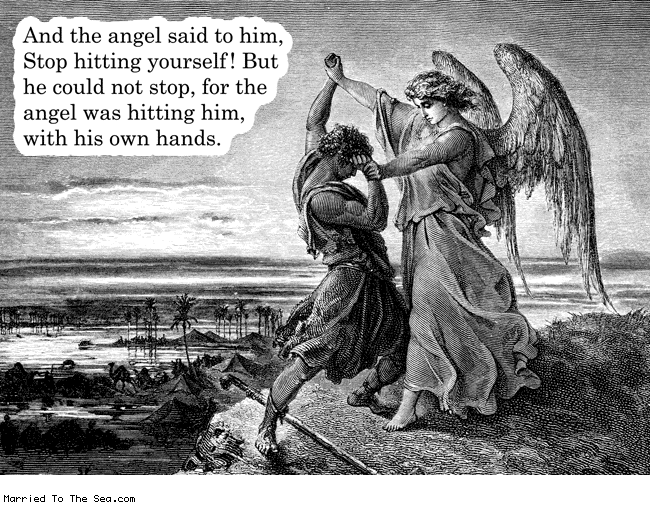Racism is one of those tricky things. When we’re accustomed to the vision of racism as overt violent hatred, we’re beginning to wake up to the realization that racism has more wide-spread roots than lynch mobs and white hoods. It’s not an easy transition to make, especially if you don’t spend your life immersed in it. Those of us for whom it is a major contributing factor to our outlook on the world live in it every day – most others don’t give it a lot of thought unless we have to.
And when you grow up with that ‘classic’ vision of racism, sometimes you end up saying stupid things:
England and Manchester United defender Rio Ferdinand says he is stunned by Sepp Blatter’s claim that football does not have on-field problems with racism.
(snip)
Asked whether he thought racism on the pitch was a problem in modern-day football, Blatter told CNN World Sport: “I would deny it. There is no racism. There is maybe one of the players towards another – he has a word or a gesture which is not the correct one. But the one who is affected by that, he should say that this is a game. We are in a game, and at the end of the game, we shake hands, and this can happen, because we have worked so hard against racism and discrimination.”
And the palms hit the face. [Read more…]



